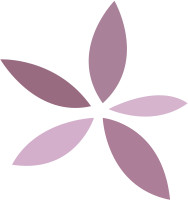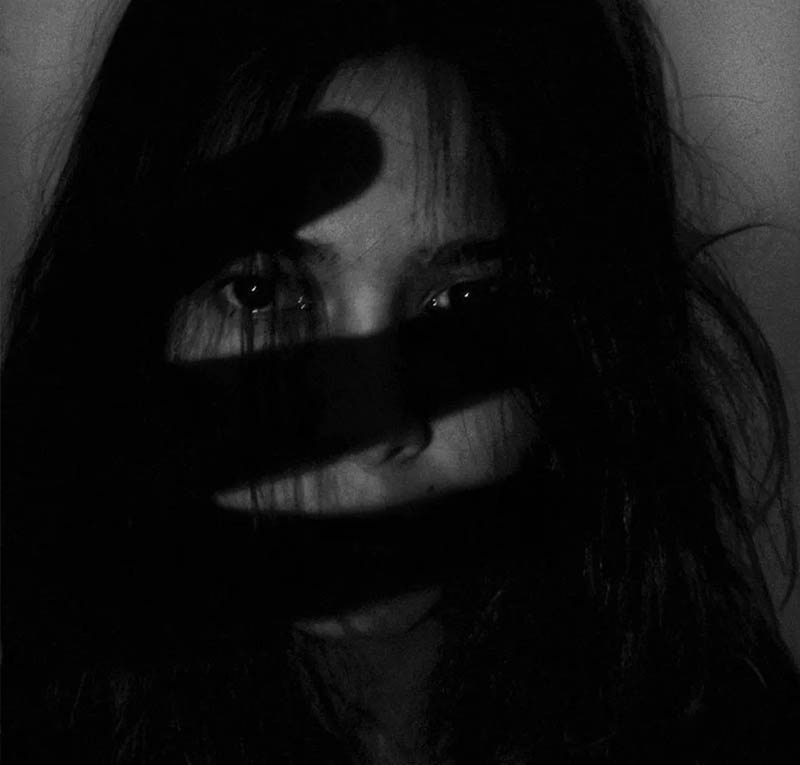
In simple terms, we have two parts of our brains. The first part is the Prefrontal cortex, which is located in the front of the head and receives and stores information for decision making and remembering. It learns by information. The second part of the brain is the limbic system, which controls all of the automatic systems of the body and the emotions. It also controls the survival responses, like fight, flight or freeze. An addiction creates cravings or focus for things or behaviors that the brain has associated with survival. It learns by experience. It responds automatically and subconsciously. It is the heart of the brain. Proverbs 4:23 states it this way: “Above all else, guard your heart, for everything you do flows from it.”
The limbic system tags events in life with degrees of response as either safe or dangerous. If tagged dangerous because of past trauma, either real or imagined, it reacts by creating anxiety or depression. If the event is triggered as having to do with survival, the limbic system can create a focused craving for a behavior that has been associated with survival in the past. The craving focuses our attention on that behavior until we feel safe or normal again. So an addiction or self- destructive behavior is created. Addiction is not about getting high, but a way to feel normal or free from stress. In a state of fear, the limbic system can act independently from your conscious mind. This explains why we do things we don’t want to do. The problem is when the limbic system takes over; it overrides our good intentions, morals, common sense, and commitments to God. As arousal goes up, the limbic system (emotion) takes over and the prefrontal cortex (logic) functioning goes down.
The limbic system is negatively programmed through painful experiences with people we trusted, especially in our younger years. Not trusting or being able to bond with others leads to fear, anxiety, loneliness, isolation, and self- gratification. When we can’t get our needs met through others, we have to learn to self- gratify. Addiction is self- gratification.


All compulsive/ destructive behaviors have something in common: they help you to avoid unwanted thoughts and feelings.
This leads us to a highly controversial question in many circles. Is addiction a sin or a disease? As we stated, this is a controversial subject with many differing answers on whether addiction is a sin (moral failure) or a disease (biological failure). We at Hannah believe addiction is a result of habitual bad choices which will cause the brain to become diseased. The definition of disease is a particular abnormal condition that negatively affects the structure or function of part or all of an organism. The brain is an organ in your body that can be diseased by habitual bad choices (sin) and these habitual bad choices will cause your brain to create a craving (emotion) for things that are self- destructive. Just like any other disease there are things you can to do control (remission), reactivate (relapse) or bring about healing the organ.

101 West Main St. Suite 201
El Dorado, AR
870-862-1317
info@hannahprc.com